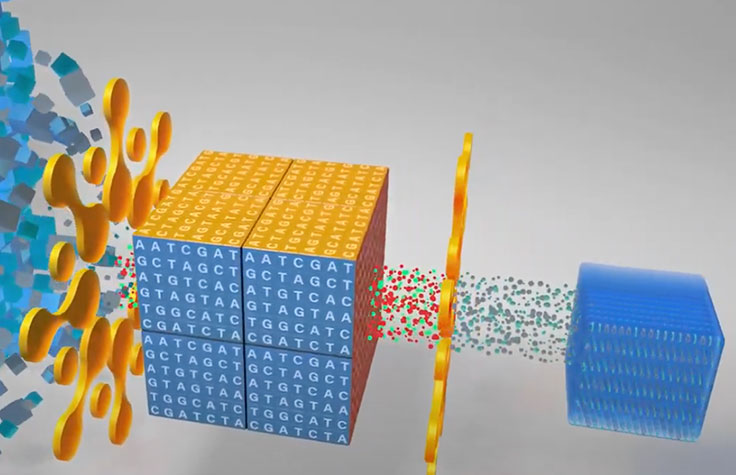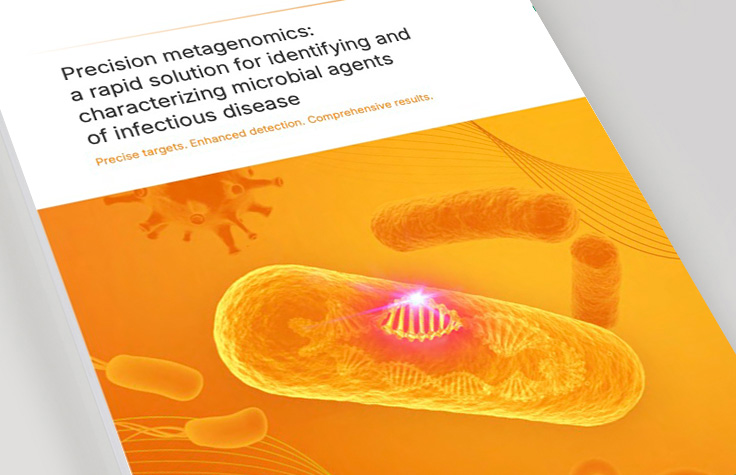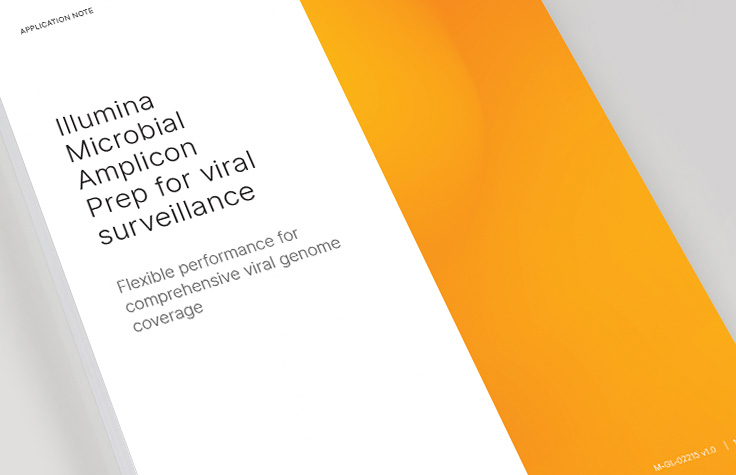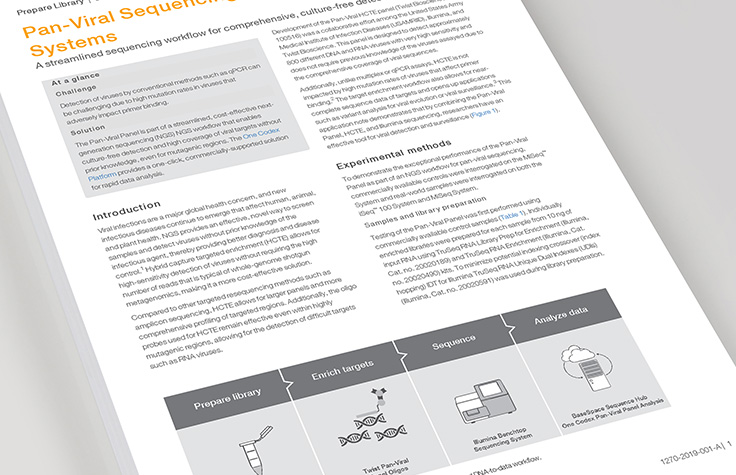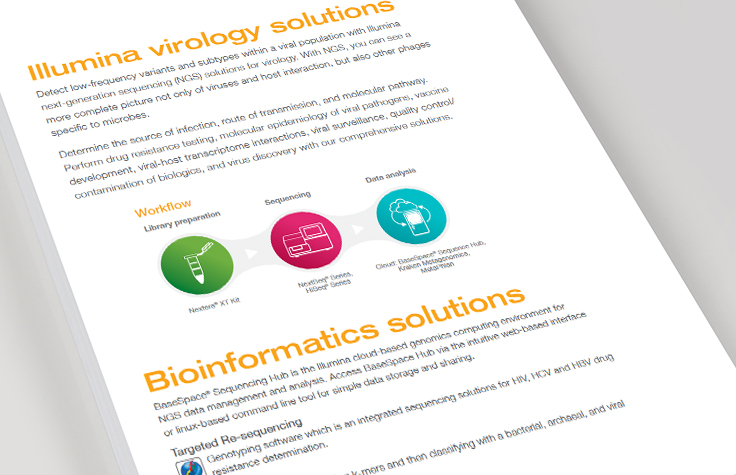NGS for Infectious Diseases

Genomics in Infectious Diseases
Genomics is transforming our understanding of infectious diseases, pathogen evolution, disease transmission, host–pathogen interactions, and antibiotic resistance. In turn, public health professionals are changing the methods they use to research and monitor epidemics and pandemics of high-profile infectious diseases such as influenza, tuberculosis, Ebola, and more recently, coronavirus.
Traditional methods of assessing infectious agents include antibody-based testing, real-time PCR, pulsed field gel electrophoresis, and multilocus sequence typing. These methods are typically useful only for a small and defined number of organisms, and data analysis can be subjective. In contrast, next-generation sequencing (NGS) provides a universal, culture-free method for infectious disease characterization and surveillance that may be used with viruses, bacteria, fungi, and parasites, and can replace the need for multiple tests.
Track Emergence & Prevalence of Novel SARS-CoV-2 Strains
COVIDSeq detects the SARS-CoV-2 virus and provides critical information on the epidemiology of new variants.
COVIDSeq Test (RUO:: 3072 samples) COVIDSeq Assay (96 samples)Vaccinating an Entire City in Brazil
How the Butantan Institute helped vaccinate the city of Serrana—and what they learned thereafter.
Read ArticleMolecular Epidemiology
Examine genetic variants that influence disease transmission and prevention, and better understand the mechanisms that lead to infection and spread.
Learn MoreFeatured Infectious Disease Articles
Illumina and IDbyDNA Partner to Deliver NGS Infectious Disease Solutions
The partnership aims to accelerate and improve testing for emerging public health threats like SARS-Cov-2.
Read ArticleNext-Generation Sequencing Helps Fight Infectious Diseases Globally
NGS technology enabled infectious disease experts to identify and characterize the genome of the novel coronavirus in China.
Read ArticlePortable iSeq System Used to Characterize Ebola Outbreak
In combination with extensive epidemiological findings, the iSeq 100 System allowed local scientists to analyze transmission patterns and trace the outbreak's origin.
Read ArticleAccurate Surveillance of Healthcare-Acquired Infections
NGS-based bacterial genome sequencing paired with user-friendly bioMérieux software allows comprehensive isolate discrimination and characterization.
Read Application NoteFeatured Infectious Disease Products
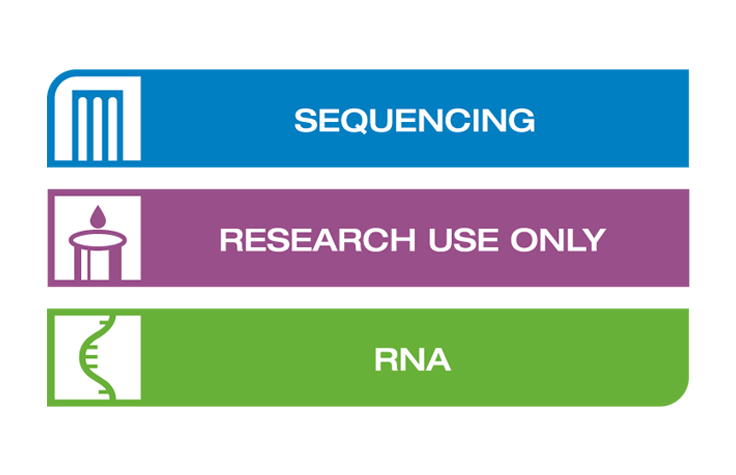
Illumina RNA Prep with Enrichment
Achieve rapid, targeted interrogation of an expansive number of target genes with exceptional capture efficiency and coverage uniformity.
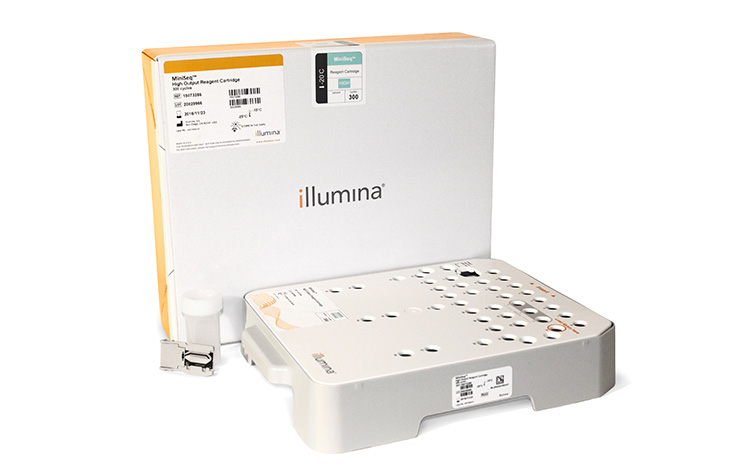
MiniSeq Reagent Kits
Access cost-efficient sequencing, even for low numbers of samples.
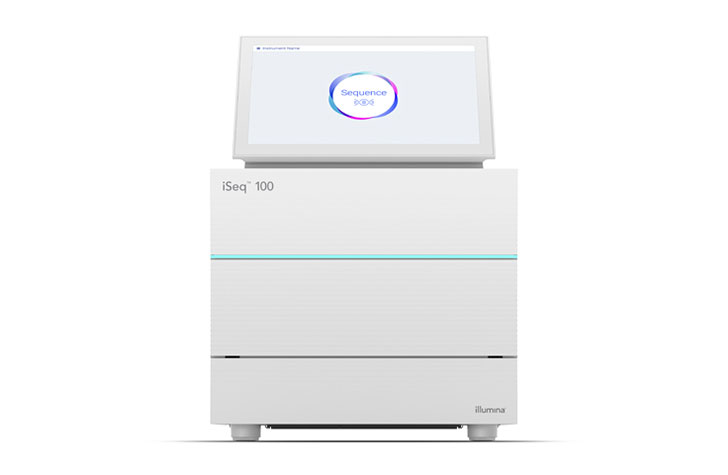
iSeq System
The iSeq 100 System makes next-generation sequencing easier and more affordable than ever. Labs of all sizes can now easily sequence small genomes, interrogate gene sets, analyze gene expression, and more.
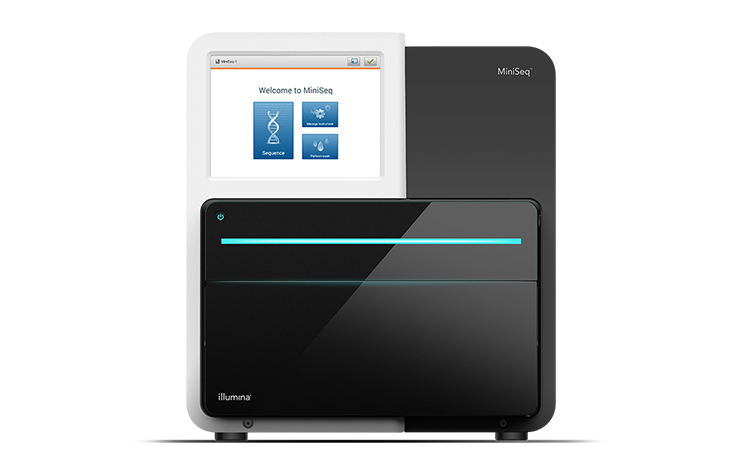
MiniSeq System
The MiniSeq System offers a simple, affordable solution. Advance your research with the power and reliability of proven Illumina NGS technology.
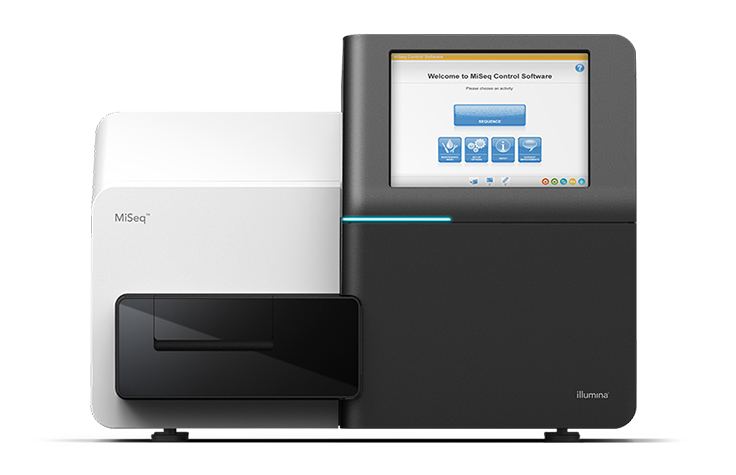
MiSeq System
With the MiSeq System you can access focused applications such as targeted resequencing, metagenomics, small genome sequencing, targeted gene expression profiling, and more.
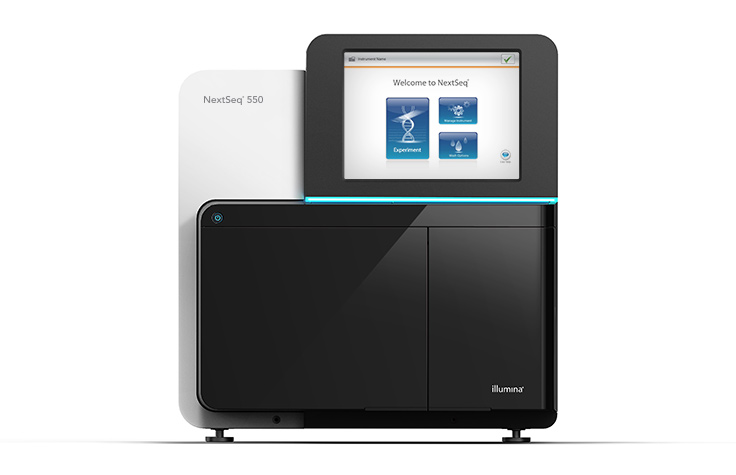
NextSeq System and Reagents
The NextSeq System provides the flexible power you need for whole-exome, transcriptome, and targeted resequencing.
Interested in receiving newsletters, case studies, and information on microbial genomics? Enter your email address.
References
- Lipkin WI (2013) The changing face of pathogen discovery and surveillance. Nat Rev Micobiol 11:133–141.
- Feero WG, Guttmacher AE. (2013) Microbial genomics and infectious diseases. N Engl J Med 365:347–357.
- Bao C-J, Cui L-B, Zhou M-H, Long L, Gao GF (2013) Live-animal markets and Influenza A (H7N9) virus infection. N Engl J Med 10.1056/NEJMc1306100.
- Lienau EK, Strain E, Wang C, Xheng J, Ottesen AR, et al. (2011) Identification of a Salmonellosis outbreak by means of a molecular sequencing. N Engl J Med 364:10.





